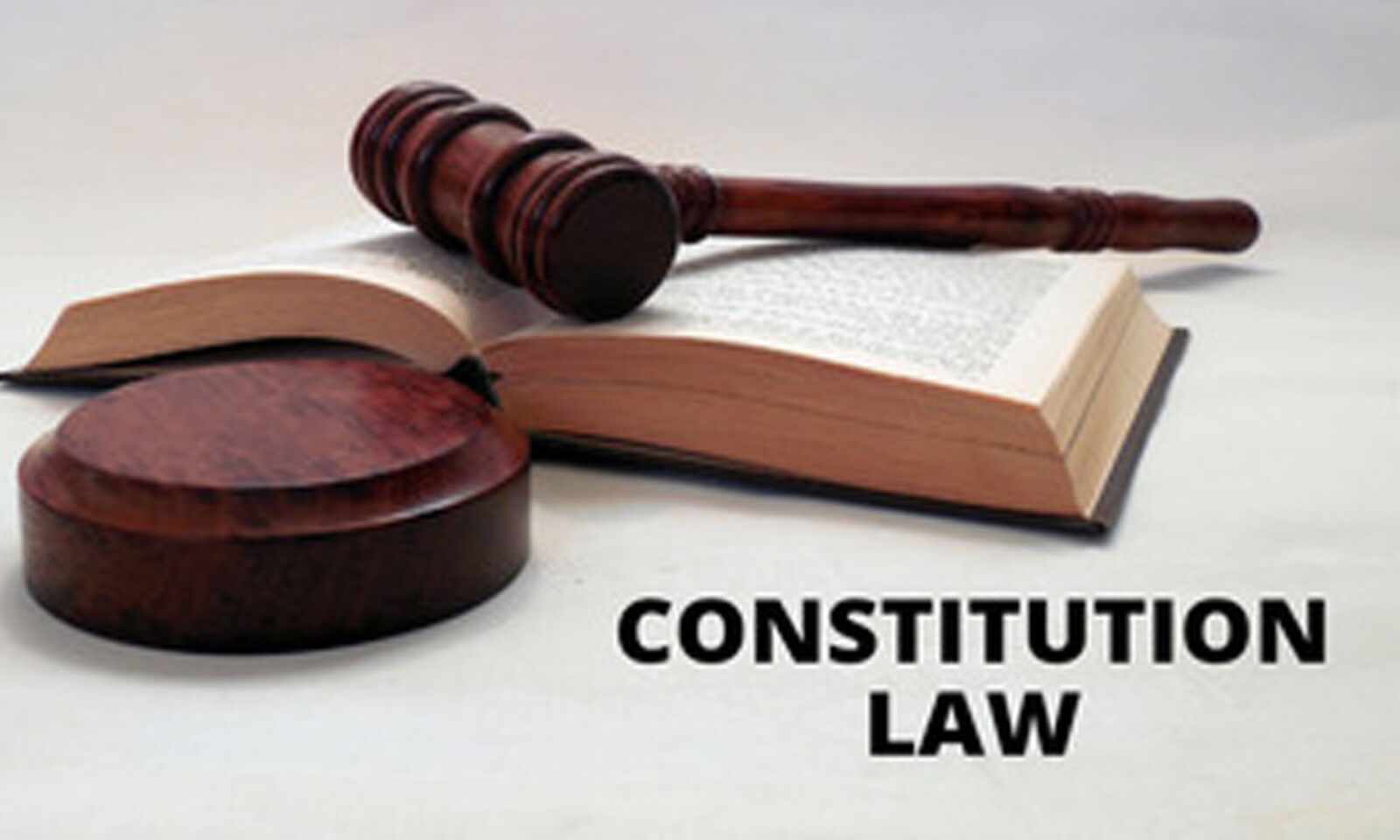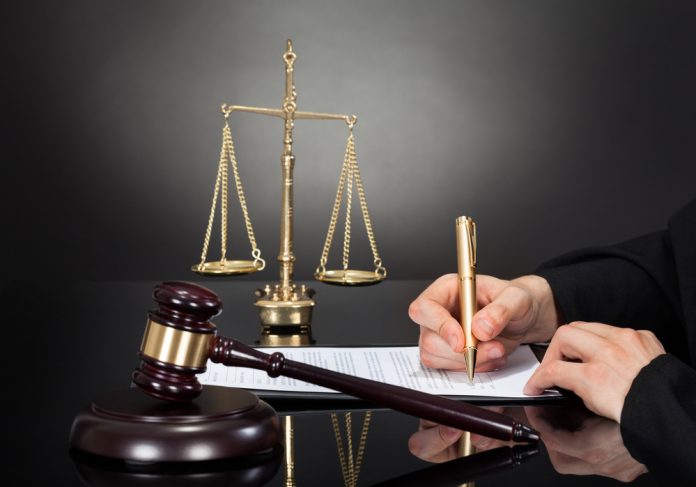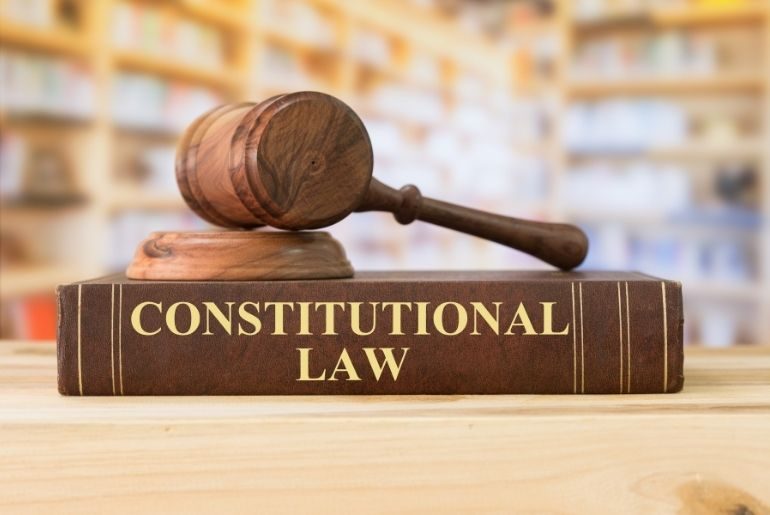Cases dealing with constitutional matters are at the heart of our work. Additionally, they can be seen as the most integral part of the field of law since these cases can interpret and mold the constitutional provisions. Consequently, they have manifold consequences for not just the parties involved but the entire legal and civil spheres. Moreover, constitutional cases can also be the most effective way to find relief for an individual or class of people.

Cases dealing with constitutional matters.
Constitutional Law
Understanding Constitutional Law
Key Concepts in Constitutional Law
Constitutional law encompasses a wide array of concepts and doctrines, each of which plays a crucial role in shaping legal discourse and decision-making. Some key concepts include:
- Judicial Review: The power of courts to review the constitutionality of laws and government actions, ensuring they comply with the provisions of the constitution. Additionally, judicial review serves as a cornerstone of constitutional interpretation and enforcement.

Significance of Constitutional Law
Constitutional law plays a vital role in safeguarding individual liberties, promoting democratic governance, and upholding the rule of law. Additionally, it provides the legal mechanisms through which citizens can hold their government accountable and seek redress for violations of their rights. Moreover, constitutional principles serve as a bulwark against arbitrary exercise of power, ensuring that government actions remain within the bounds of legality and legitimacy.

Challenges and Controversies
Despite its importance, constitutional law is not without its challenges and controversies. However, debates often arise over the interpretation of constitutional provisions. With differing perspectives on issues such as the scope of executive authority, the limits of free speech, and the extent of government regulation, these debates reflect the dynamic nature of constitutional law. Consequently, there is an ongoing quest to balance competing interests in a diverse and rapidly changing society.
Conclusion
In conclusion, constitutional law stands as a cornerstone of modern legal systems, shaping the rights, duties, and powers that define the relationship between individuals and their government. Furthermore, by understanding its principles and doctrines, we gain insight into the fundamental values that underpin our society and the mechanisms through which they are protected and enforced.
You can get in touch with us if you have any more questions.

